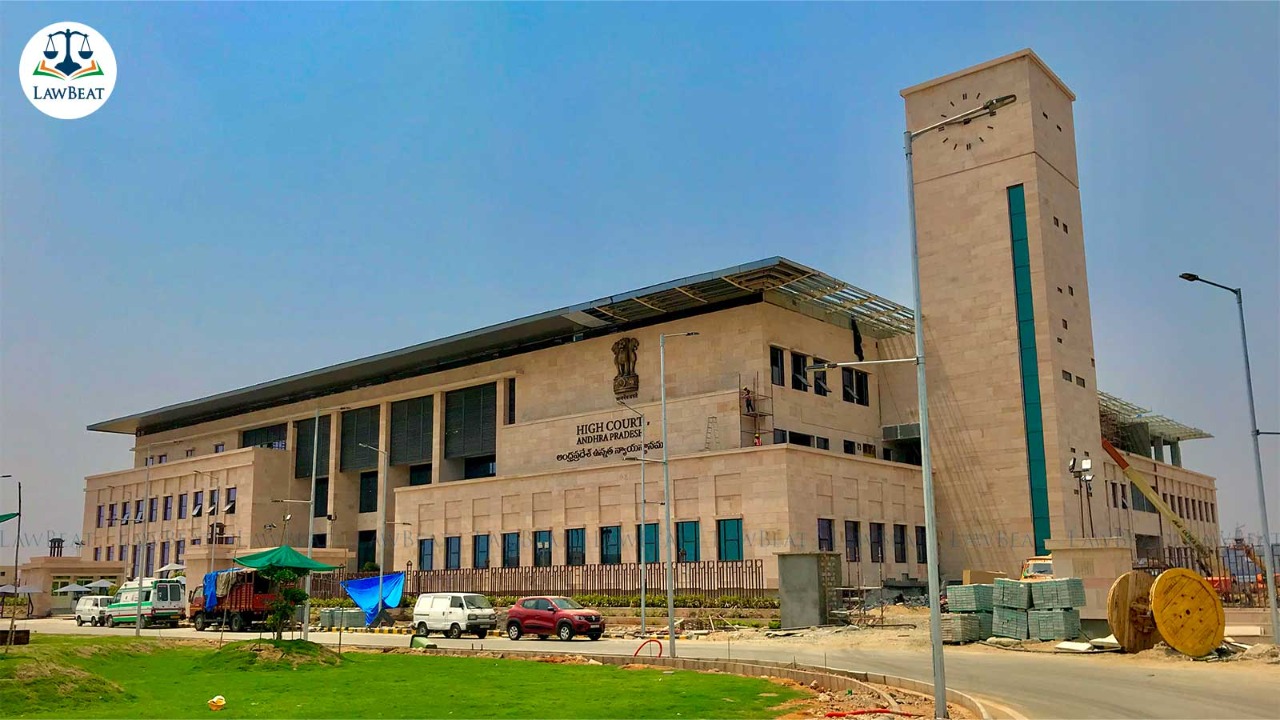In name of Police Standing orders, intrusive or obstructive surveillance cannot be carried out: Andhra Pradesh High Court

Various writ petitions were filed before the high court questioning the opening and continuation of rowdy sheets against the petitioners even in cases where a clear compromise had been arrived or the First Information Reports was quashed.
The Andhra Pradesh High Court recently observed that the police cannot summon any person to the Police Station, visit any home or house for surveillance; for gathering information, take or display photographs, fingerprints etc., or even classify/ label a person as a 'Rowdy' etc.
“They cannot carry out intrusive or obtrusive surveillance,” said the bench of Justice D.V.S.S.Somayajulu.
Court said that this collection of photos; the display of photos; branding a person as “rowdy”; summoning to the Police Station, parading / waiting domiciliary/home visits etc., as per the Police Standing Orders are a direct infringement of the petitioners’ right to privacy.
Therefore, stressing that “privacy is a fundamental right which can be restricted only in accordance with a ‘law’ as held in Puttuswamy case as well as to articles 14, 19 and 21, Court held that the nature of the Andhra Pradesh Police Standing Orders was ‘non-statutory’ and could not be used as a justification for opening and continuing the rowdy sheets against the petitioners in the instant cases.
Various writ petitions were filed before the high court questioning the opening and continuation of rowdy sheets against the petitioners even in cases where a clear compromise had been arrived or the First Information Reports was quashed.
Lead counsel for the petitioners submitted before the court that firstly, all the rowdy sheets were being opened and continued on the basis of Andhra Pradesh Police Standing Orders, which are merely departmental instructions and are not “law” and secondly, even the rules and procedure prescribed in Standing Orders were not being followed.
He claimed that the Rowdy Sheets are being opened and continued mechanically without any application of mind and without any basis or material in support. The periodical review, which is stipulated by the Police Standing Orders, is not being followed and rowdy sheets are being continued ad infinitum, he submitted.
His primary contention was that the opening and the continuation of rowdy sheets is contrary to law.
Referring to the decisions in Mohammed Quadeer and Ors., v Commissioner of Police, Hyderabad and Ors., and Sunkara Satyanarayana v State of Andhra Pradesh, Home Department and Ors, petitioners' counsel argued that the standing orders have been declared to not to have the force or / effect of law.
Therefore, highlighting that the petitioners are being called to the police station at unearthly hours and are made to wait for a day or two there, he challenged the right of the police to summon the petitioners / rowdies to the police stations, making them stand/wait and the practice of parading them before the superior officers.
On the other hand, the Government pleader submitted that early detection and prevention of crime is the most important function of the Police and for the same collection of data/intelligence etc. is necessary.
The entire exercise of the Police Department, in either opening or in continuing the rowdy sheet, is to ensure that a crime is not committed by gathering information/intelligence, he said.
He further argued that the decision in K.S.Puttaswamy did not directly discuss the issue of “rowdy sheet/surveillance” etc., therefore, the fact context of the said judgment cannot be lost sight of while dealing with instant petitions.
Court’s observations:
Court held that unless the triple test as laid down in the K.S.Puttaswamy case i.e. (i) legality, (ii) need, and (iii) proportionality, are crossed the police in the State of Andhra Pradesh cannot deprive a man of his right to privacy with the Police Standing Orders.
Court said that the Police Standing orders are only “guidelines” and these do not supersede any statutory rules, regulations etc. Court held that the Police Standing Orders do not pass the tests stipulated in K.S.Puttaswamy case.
However, adding that it could not be oblivious to the need of the State and the police to prevent the crime, Court issued following directions:
- The State should either frame statutory rules or enact a law within a short time on these issues of surveillance etc. and this should be done on a high priority keeping in view the laws on the subject including the aspect of ‘privacy’ being declared a Fundamental Right.
- For the present, if the Police are of the opinion that a check must be kept on the activities of the habitual offenders or others likely to commit a crime and to prevent a crime, the provisions of Chapter-VII of the Cr.P.C. must be utilised.
- The provisions of other laws like the A.P. Habitual Offenders Act 1962 can also be utilised for the registration of habitual offenders (Sec.3 and 4) collect their fingerprints, photographs, palm impressions, foot prints etc., (Sec.6) and also place restrictions on his movement (Sec.11).
- Summoning to the station, intrusive surveillance, display of photographs etc., will amount to a breach of the Fundamental Right of privacy and wilful disobedience of the order of the Hon’ble Supreme Court of India.
With these directions and observations, court declared the Standing Orders of A.P. Police Manual / A.P. Police Standing Orders to the extent of opening/continuation of Rowdy Sheet, Suspect Sheet, History Sheet etc., and on that basis the surveillance of the individual (in terms of Chapter 37 of the above said Standing Orders) as void.
Conclusively, Court allowed all the writ petitions and ordered all the rowdy sheets opened in this batch of Writ Petitions to be closed immediately.
Case Title: Udathu Suresh v. The State of Andhra Pradesh and 4 others. and other connected matters
